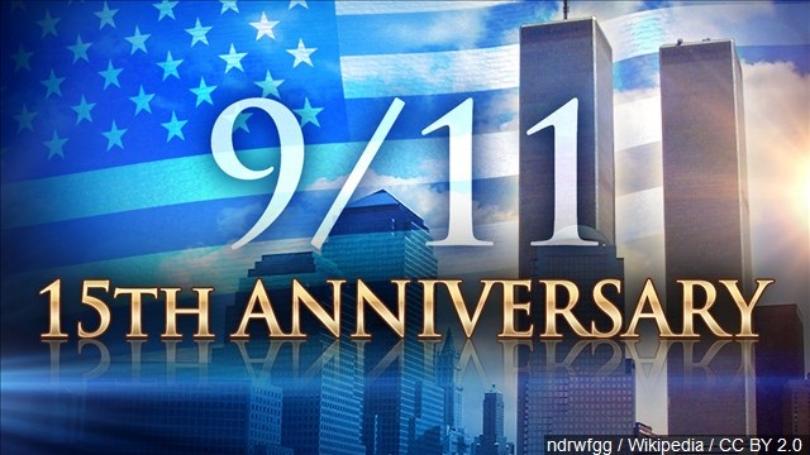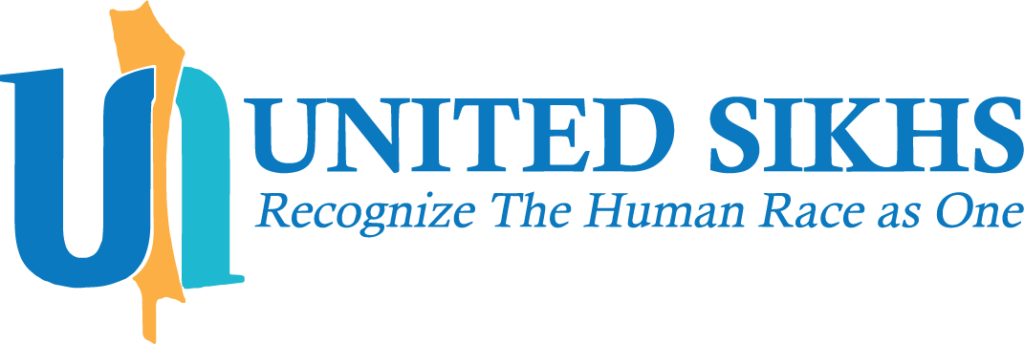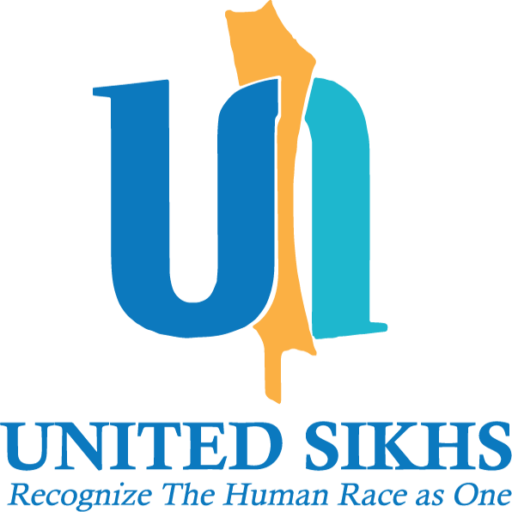
Courtesy: MGN Online
| On this fifteenth anniversary of the fall of the Twin Towers, and the attacks at Arlington and Pennsylvania, UNITED SIKHS’ staff and volunteers and members of the Sikh community remember the victims and pray with their families. |
| We share the pain caused by these events, even after fifteen years, and UNITED SIKHS, an organization that was formed in 1999 to assist immigrant taxi drivers in New York City, suddenly found itself advocating for the Sikh community because the after-effects of 9/11 have impacted the community in ways no one ever predicted. |
| Today, the question “Where were you on September 11th?” is probably being asked less and less, not because the experience or the victims have been forgotten, but because the grief of talking about it still makes your throat swell and your eyes water. It’s been that long since that bright, sunny, Tuesday morning when two planes took down the World Trade Center; when the cranes worked for days and nights, since a piece of one of the Towers looked like a mangled hand reaching from the ground up at the dusty sky and since the charred remains of abandoned cars sat at the light on the north side of the site. |
| For all of us, but especially those who were there, at ground zero, and managed by grace to escape with their lives, or for those who lost loved ones, 9/11 may still feel like a lump of coal in the throat. You carry it with you-always. You may have witnessed the hundreds of people migrating across the bridges, the dust, the visual and audio assault from the television or the radio repeating the same “THE TOWERS HAVE BEEN HIT.” You may have seen the video of the man, who to escape the inferno, leaped from a window and plummeted downward, the video set to slow motion. You didn’t know who that man was but you wished against odds that he would make it- every time. Is it because you or a friend who was there, close to those Towers, made it? If you could, you’d realize how fortunate you were. But no one was really lucky that day. |
| For the Sikh and Muslim communities who have experienced hate crimes and bullying as a result of that day fifteen years ago, the question on the anniversary of that infamous day is also “what’s happened to you since 9/11?” Today, as the anniversary of the attacks approaches, the experiences are as real as the five inches of dust that covered downtown Manhattan days after the attacks. Even after fifteen years, these communities feel the devastating effects. They may continue to do so for decades to come unless there is recognition that it is happening; unless our political leaders lead and acknowledge that innocent people are being harmed. |
| Ask a Sikh for example “what’s happened to you since 9/11” and the likely answer may be a story about the horrors and indignities that average, everyday people are living. To the family of Balbir Singh Sodhi his murder soon after 9/11 is the worst. His murder is seen as retaliation visited on an unsuspecting Sikh religious man in a gas station far from the events. The 2012 Wisconsin massacre of innocent Sikhs at a gurdwara (place of worship) also comes to mind as some of the worst. |
| Last month, a Sikh man from Los Angeles told UNITED SIKHS that he went to an emergency room in excruciating pain, and in fear for his bodily integrity. After hours of agonizing and waiting, with no opportunity to see a doctor, he was forcefully escorted, sick, out of the emergency room. The nurse had only to say “get this Muslim out of here” to convince the hospital’s security guards that it was the right and humane way to treat a human being who had come to them in dire need of help. “It reminds us that the impact of the events of 9/11 are still being felt by some today,” states Jaspreet Kaur, an attorney with UNITED SIKHS, International Civil & Human Rights Advocacy (ICHRA). |
| There are stories about how young Sikh men travelled to Chicago from New York to visit the windy city and were denied entry to a club because they could not remove their turbans. Children are bullied in schools because, to their peers, they resemble a stereotype directly linked to the horrors of 9/11. “The education system in the United States has not caught up with the realities of what students have to confront. Diversity is not celebrated. Our children suffer when to deter bullying the response is to punish rather than teach the offending child,” states Manvinder Singh, Director at UNITED SIKHS. “That’s changing, but very slowly.” |
| UNITED SIKHS’ lawyers respond daily to request for help from the community. Staff meets regularly with government officials to advocate for change and there are legal clinics starting in the community to assist. |
| “The problem is not just in the schools,” says Jaspreet Kaur. “There are judges who ignore the importance of our religious and constitutional freedoms when a parent who pleads to be allowed to raise his only son as a Sikh is not worthy of being heard. There is an immense problem when people in law enforcement, entertainment parks, international cruiseliners and the courts in this day and age still do not know what a Sikh is,” states Ms. Kaur. “In order to be safe and or continue to practice the religion of their forefathers, Sikhs should not be forced to choose to forego the freedoms and opportunities for self-realization this country promises in its laws and constitutions, as many have had to do, in many respects, as a direct result of the events of 9/11.” |
| In the years to come, because of the work UNITED SIKHS is doing, we may not have to regret looking back. Hate crimes and bullying will not define us and we can begin to heal as we remember that all people deserve dignity, respect and opportunity. |

| Please watch our videos at UNITEDSIKHSTV and follow us our social media Facebook | Twitter | Blog and see how your contribution is making a difference. |
UNITED SIKHS
By: Wanda Sanchez Day, Esq.
Acting National Legal Director
International Civil and Human Rights Advocacy (ICHRA)
T: 1-646-688-3525
E: law-usa@unitedsikhs.org | contact@unitedsikhs.org


